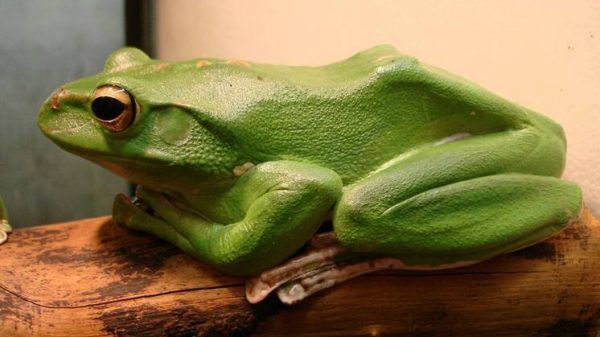Masuma Ahuja was tired of seeing the same stories told about teenage girls. They were either victimised or sexualised, even if an “exceptional girl” such as Greta Thunberg or Malala Yousafzai was occasionally held up as a role model for fighting back.
“We have very little understanding of the day-to-day life of girls and what life looks like for them,” says Ahuja. “I wanted to create a small portrait of what girlhood looks like in different places, and something that girls can pick up and feel seen by … and seen by girls elsewhere who share their own experiences.”
I wanted to create something that girls can pick up and feel seen by
Masuma Ahuja
Girlhood, published last week, is a collection of diary entries about growing up from 30 teenage girls in 27 countries.
“We all know how many girls are subject to violence, how hard it is for many to access education. In the west especially, this is the only window we get into the lives of girls in poorer countries. We see them as representing these things – not as people,” says Ahuja.
In Haiti, Merisena, 13, wonders how life might be if she, her parents and eight siblings did not live in a violent area. “When there are problems [in Cité Soleil], I wonder why we couldn’t live in another country, why my family couldn’t have money, especially when we are hungry and there is civil war in the area,” she writes. But she also tells of competing in chess tournaments, training at volleyball and football, and of always thinking “of wanting to be a nurse”.
Naya, 16, from the Syrian capital, Damascus, has been in Berlin for three years. “I didn’t want to leave my home country, my friends, my room and most of all my possessions,” says Naya, who shares her passion for street dance and her worries about exams.
Why Covid school closures are making girls marry early
Read more
Sattigul, 16, is from a family of Mongolian nomadic herders. She writes about rising early to forage for the livestock, of her joy at hunting with an eagle and of her goals. “In the future I would like to be an English translator. That is my dream.”
Mandisa, 18, lives in the KwaMashu township near Durban, South Africa, with her mother, sister, nieces and nephews.
She wants to buy her mother a nice home when she is older. “My number-one dream is to be a lawyer – I want to be my own woman and self-made.”
The South African writes about another girl who had to drop out of school after becoming pregnant, though she managed to return later. Mandisa has done some modelling, which she loves, and in one diary entry she writes about putting on her high heels to practise.
Education is a central preoccupation – whether this is taken as a given by girls in Sweden or Britain, or acknowledged as the result of parental sacrifice in India. For Raksa, 19, it means the loneliness of leaving rural Cambodia to study in the capital, Phnom Penh. Emilly, a 19-year-old mother in São Paulo, Brazil, says: “I don’t have money to go to college, and become the woman I dream of, but I still have faith and determination.”
Determination is evident in many entries, despite the constraints of the girls’ worlds. Halima, 17, writes about losing school competitions to boys and concern about the situation for women in Afghanistan. “I wish to become self-sufficient and serve my country along with my brothers. How long are we to be the victims of traditional society? Women are not only for staying at home and doing housework … they have capability and are able to work and become financially independent.”
Ahuja contacted the girls via friends, aid organisations and schools, collecting their contributions in 2019, before the pandemic struck. “This book is a snapshot of life before everything changed,” she says.
Ahuja, who was born in India and moved to the US aged 11, spent much of her own childhood having to explain her background. “We are really bad at understanding what life looks like in other places,” she says.
Girls are often on the receiving end of how policies are shaped, but are very rarely involved in decision-making
Masuma Ahuja
“Girls are often on the receiving end of how policies are shaped,” Ahuja adds, “but are very rarely involved in decision-making. How many girls live in period poverty, how many girls have to do domestic work, how many girls are out of school? We know all these as data points but the people making decisions are men in power who are far removed from the daily lives of girls.
“That should be our starting point – we need to have girls in the room.”






















































Свежие комментарии